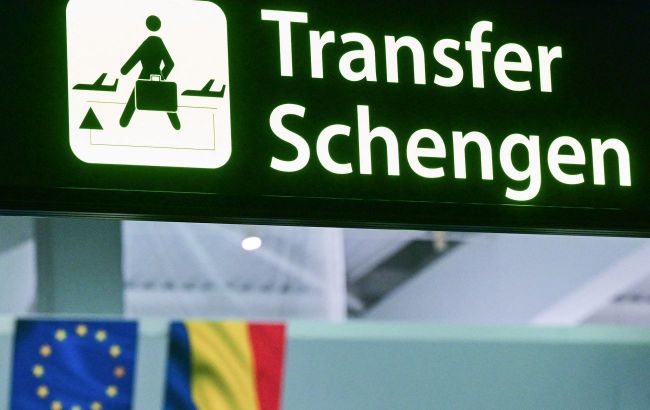Several EU countries agree to ban Russian soldiers from entering Schengen area
 Photo: EU countries agreed to ban Russian military from entering the Schengen zone (Getty Images)
Photo: EU countries agreed to ban Russian military from entering the Schengen zone (Getty Images)
Interior ministers of the Baltic states, Nordic countries, and Poland have agreed to ban Russian citizens who participated in the aggression against Ukraine from entering the Schengen area, ERR reports.
The meeting, held in Tallinn, was also attended by EU Commissioner for Home Affairs and Migration, Magnus Brunner, as well as a representative of the EU's border agency Frontex.
"Hundreds of thousands of Russian citizens have fought against an independent European country. We must take a clear stance that these people will not be able to travel freely in the Schengen area. We will not grant them residence permits, we will not issue them visas, because all these people - those who killed and destroyed - pose a serious security risk to all of us," said Estonia's Minister of the Interior, Igor Taro.
The ban on Schengen entry for this group of Russian citizens is expected to remain in place even after the end of active hostilities.
How Schengen area works
The Schengen area is the world's largest zone of free movement. Border checks between France, Germany, Belgium, the Netherlands, and Luxembourg were first lifted in 1985.
Today, the Schengen area includes 29 countries, 25 of the 27 member states, plus Iceland, Liechtenstein, Norway, and Switzerland, covering around 420 million people. Internal border controls with Cyprus remain in place, and Ireland is not part of Schengen.
Earlier, several Schengen countries have reintroduced border controls in response to increased migration and Russian espionage threats.

